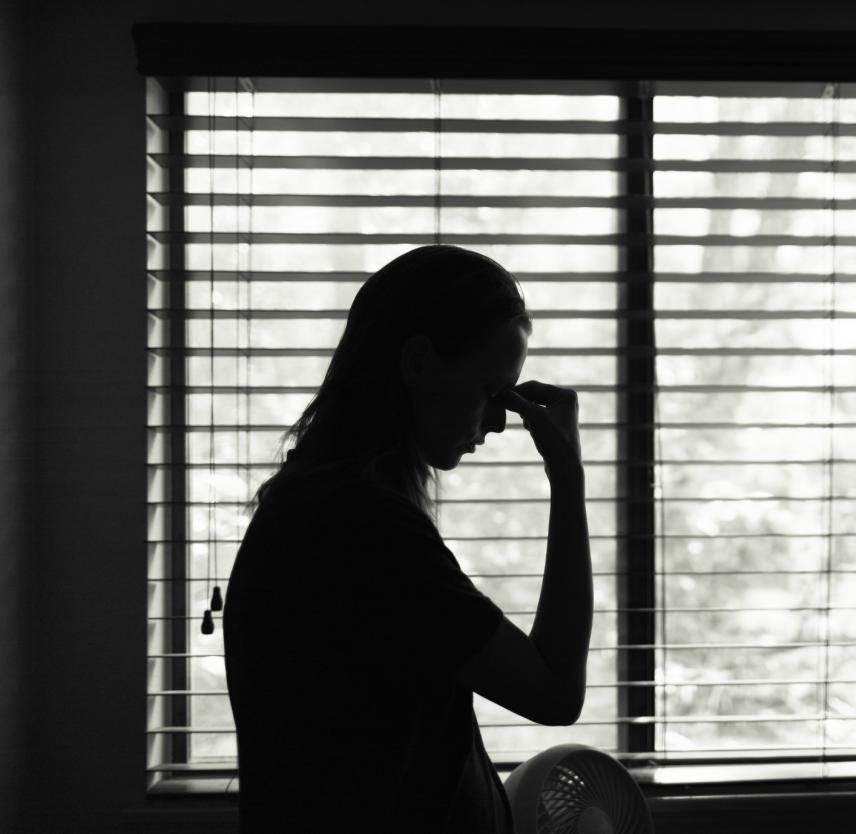
Editor's Note: If you or someone you know is experiencing domestic abuse, use a safe computer and contact help. Call the National Domestic Violence Hotline at 800.799.SAFE (7233), or visit https://www.thehotline.org.
The suffering caused by domestic violence is emotional, spiritual and physical.
But there's one aspect of that suffering that is almost invisible.
"When you think about domestic violence and brain injury, almost everyone I talked to was like, ‘Oh my gosh, that totally makes sense. How had we not thought about that before?’ But we really have not made that connection," licensed social worker Rachel Ramirez says.
And yet millions of survivors have been living with the impacts of these brain injuries, sometimes for decades.
"Problems with balance, problems with vision, sensory problems, seizures, headaches," Ramirez says.
So why is there so little research, and awareness?
"There is no surge here. This has been here forever. It was here in the past. It's here now, and it's going to be here in the future," neuroscientist Eve Valera says. "It's not going to go away."
Today, On Point: Survivors of domestic violence on living with traumatic brain injury.
Listen: A survivor discovers her brain injury, and takes her power back. Find the web extra here.
Guests
Eve Valera, PhD, neuroscientist with more than 20 years of experience researching traumatic brain injury resulting from intimate partner violence. Associate professor at Harvard Medical School and research scientist at Massachusetts General Hospital. (@EveValera2)
Rachel Ramirez, licensed social worker. Founder and director of the Center on Partner-Inflicted Brain Injury, a project run by the Ohio Domestic Violence Network. Co-author of “Trauma-Informed Approaches." (@OhioDVN)
Also Featured
Freya Doe, a domestic violence survivor.
LISTEN: A 'First Person' diary featuring Freya Doe. 'The shame did not belong to me. The shame belonged on him.'
From The Reading List
Harvard Health Blog: "Intimate partner violence and traumatic brain injury: An 'invisible' public health epidemic" — "While studying brain injuries in the mid-1990s, I began volunteering in a domestic violence shelter. I noticed that the abuse and problems many women reported were consistent with possibly experiencing concussions."
The Journal of Head Trauma Rehabilitation: "Understanding Traumatic Brain Injury in Females: A State-of-the-Art Summary and Future Directions" — "In this report, we identify existing issues and challenges related to research on traumatic brain injury (TBI) in females and provide future directions for research."
More Resources
- Pink Concussions: A nonprofit for survivors of female brain injury from sports, violence or military service.
- The Center on Partner Inflicted Brain Injury: This project of the Ohio Domestic Violence Network provides statewide, national and international leadership to raise awareness of brain injury caused by domestic violence.
- Abused & Brain Injured: Toolkits for survivors of intimate partner violence and traumatic brain injury.
- Concussion Awareness Training Tool: Online training resources addressing concussion recognition, diagnosis, treatment and management.
- BrainLine: Information and resources about treating and living with traumatic brain injury (TBI) and PTSD.
Shared with permission from WBUR.
